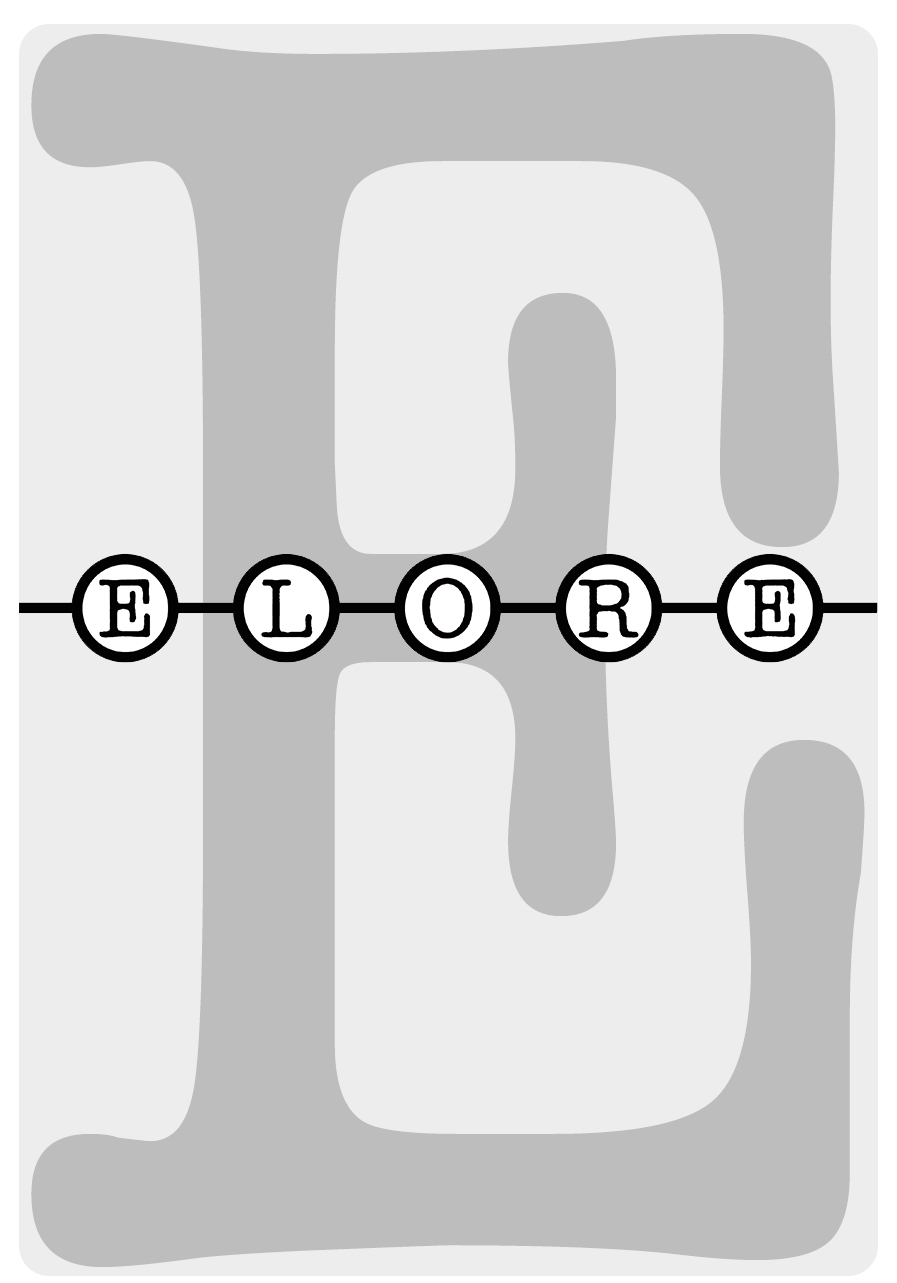Vapauden merkitys lumilautailukulttuurissa
DOI:
https://doi.org/10.30666/elore.78669Abstract
The article examines the different ways in which snowboarders in Finland perceive the experience of freedom. The ideal of freedom in snowboarding is manifested through various cultural practices, such as, for example, hanging out with friends, learning new tricks and techniques, taking it to the edge, i.e., riding faster and more impressively, as well as competing outside the official regime of the sports world. It can be argued, that snowboarding plays an important role in the everyday lives of those interested in riding, which further contributes to the system of values characteristic of the sport. On a more general level, the article discusses the process of commercialization and its implications for the youth culture within the Western society. The method of inquiry used in the study is ethnographical in its nature and it focuses on the question why snowboarders find riding essential to their everyday lives in the first place. The concept of freedom, which lies at the heart of the analysis, is constructed primarily from the snowboarders´ point of view, with the intention of shedding light upon the ideological structure of the sport as a whole. The research material employed in the study consists of theme interviews (n=35) and an openended questionnaire (n=745) published on the two major Finnish snowboarding web-sites.Downloads
Published
How to Cite
Issue
Section
License
The journal follows Diamond Open Access publishing model: the journal does not charge authors and published texts are immediately available on the Journal.fi service for scientific journals. By submitting an article for publication on Elore, the author agrees, as of September 2024, that the work will be published under a CC BY 4.0 licence. Under the licence, others may copy, transmit, distribute and display the copyrighted work and any modified versions of the work based on it only if they attribute the licence, the original publication (link or reference) and the author as the original author. Any modifications made must be acknowledged.
Copyright of the texts remains with the authors, and self-archiving (Green OA) of the published version is allowed. This also applies to texts published before September 2024. The Green OA publication must include Elore's publication details.
The metadata for published articles is licensed under Creative Commons CC0 1.0 Universal.





